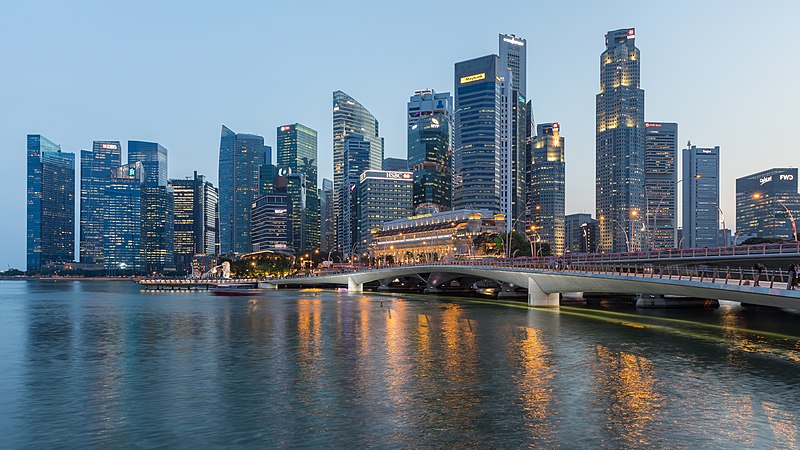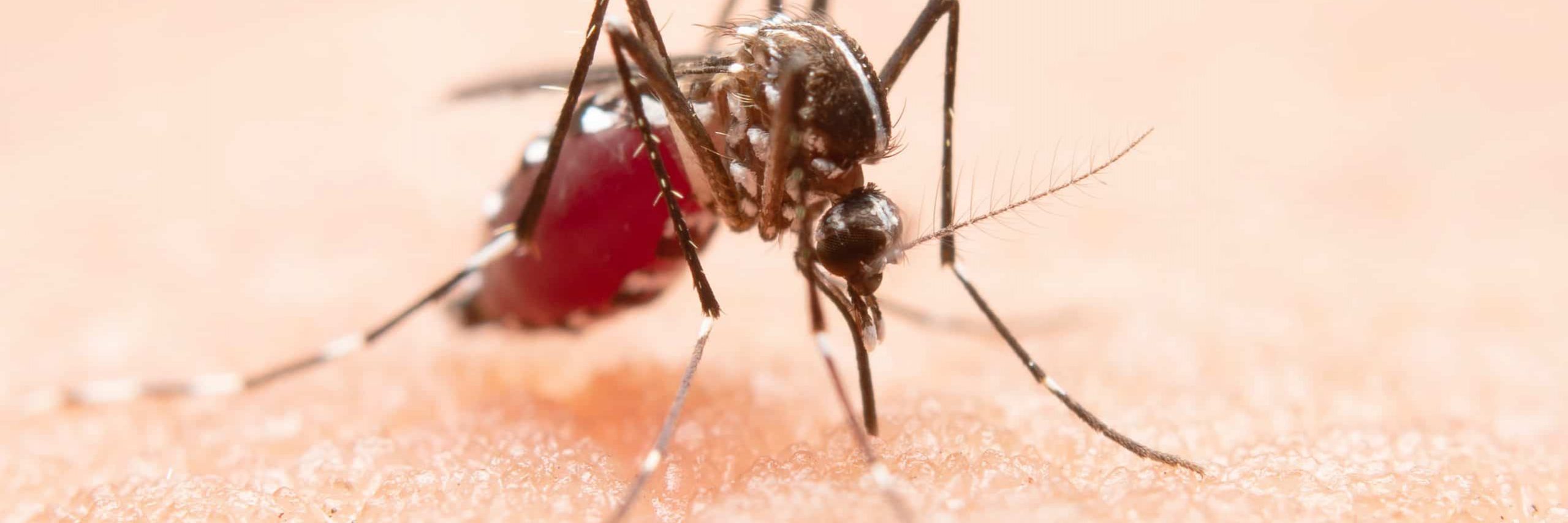Mosquitos thrive in humid climates, like that of Singapore.
Singapore is facing a dengue fever emergency with the government urging residents to take action and help prevent the disease from spreading further.
Last week alone they saw 1467 cases and since the beginning of May have reported over 8100 infections. The National Environment Agency (NEA) has identified over 390 clusters, with 131 of those considered to be high risk, as more than 10 cases have been reported from each of those groups.
Health officials have advised that numbers will increase but the government is carrying out extensive pest control throughout the country, which takes place every year during the peak of summer.
It’s advised that residents, especially those in affected areas, use mosquito repellent as well as wearing long sleeves and pants. Dengue Fever is endemic in Singapore, however cases are already up by 285 per cent to last year according to the World Health Organisation (WHO), even though the peak of the season isn’t until July.
The disease is carried through an infected Aedes mosquito and is transmitted to humans through bite. Health Hub states that it’s not transmittable from human to human but say immediate medical attention is needed if someone presents with symptoms.

The NEA has developed several steps, known as BLOCK, that residents can use to ensure the spread of dengue fever is minimized.
Break up hardened soil.
Lift and empty flowerpot plates.
Overturn pails and wipe their rims.
Change water in vases.
Keep roof gutters clear and place BTI insecticide inside.
Dengue fever is not endemic in Australia, but when found, it’s usually because it’s been brought here overseas by an infected person says the Queensland Government. There are four types of Dengue, but people become immune to the strain their infected with.
Infectious Disease Expert Dr Leong Hoe Nam told the ABC that most of the cases present in Singapore are strain 3 and 4, the rarer of Dengue types.





